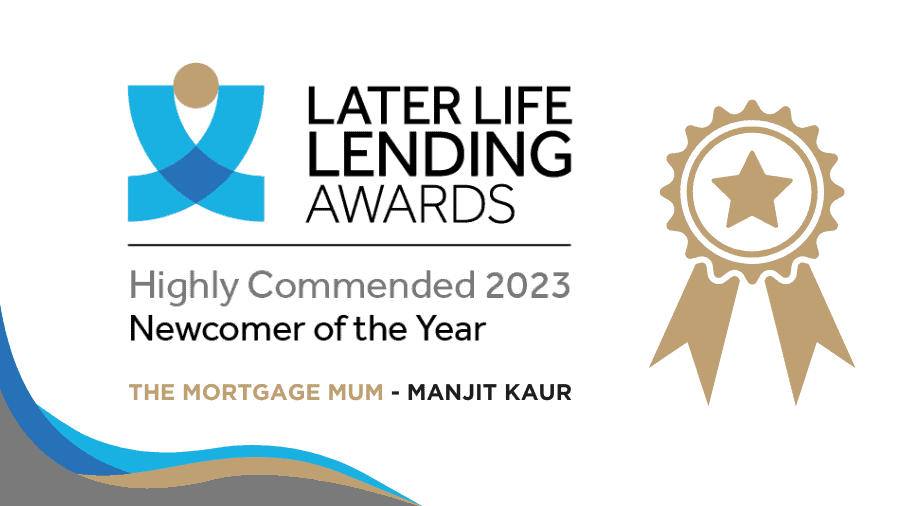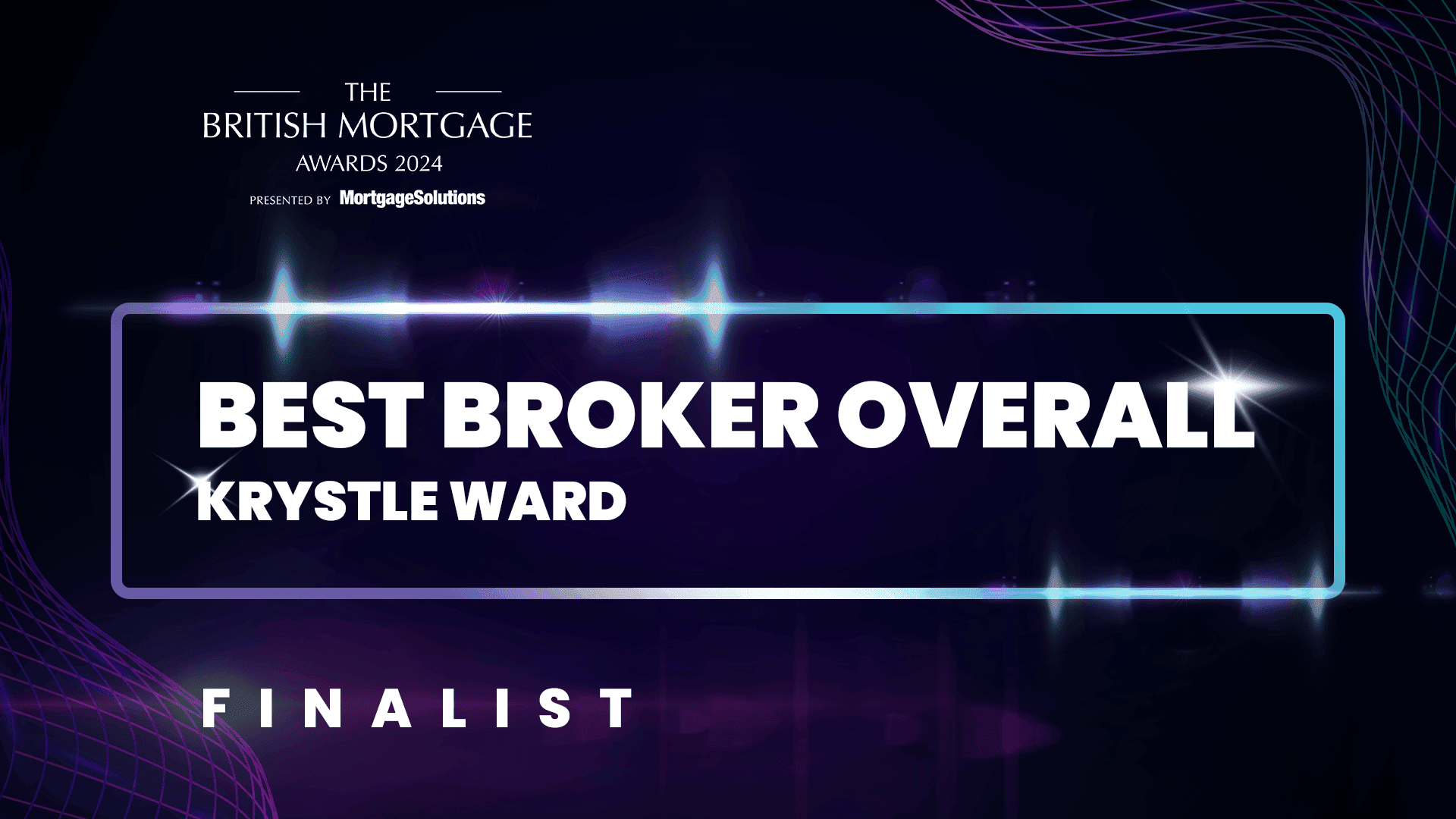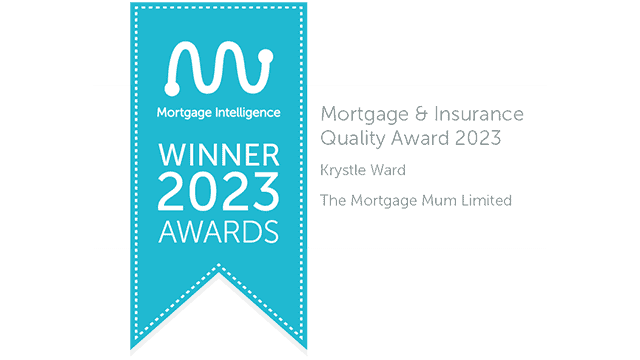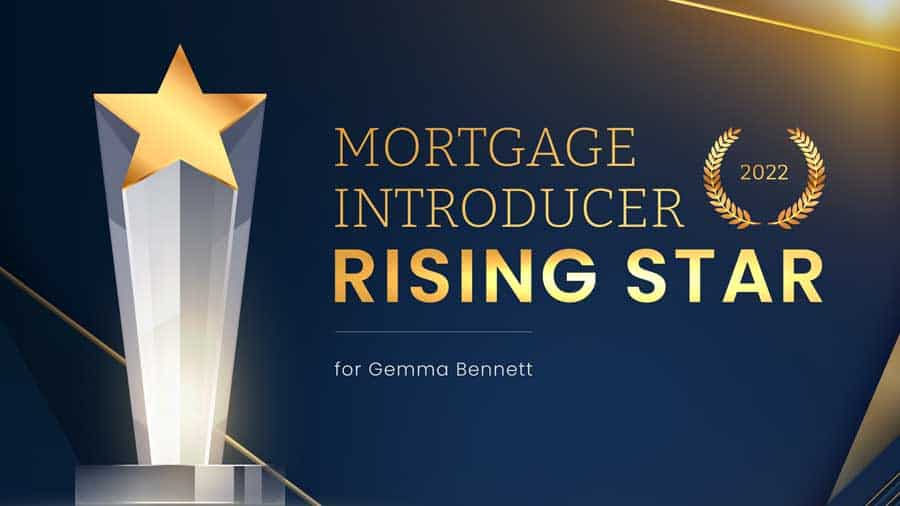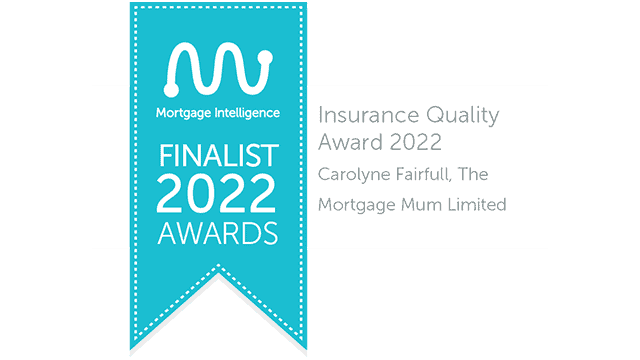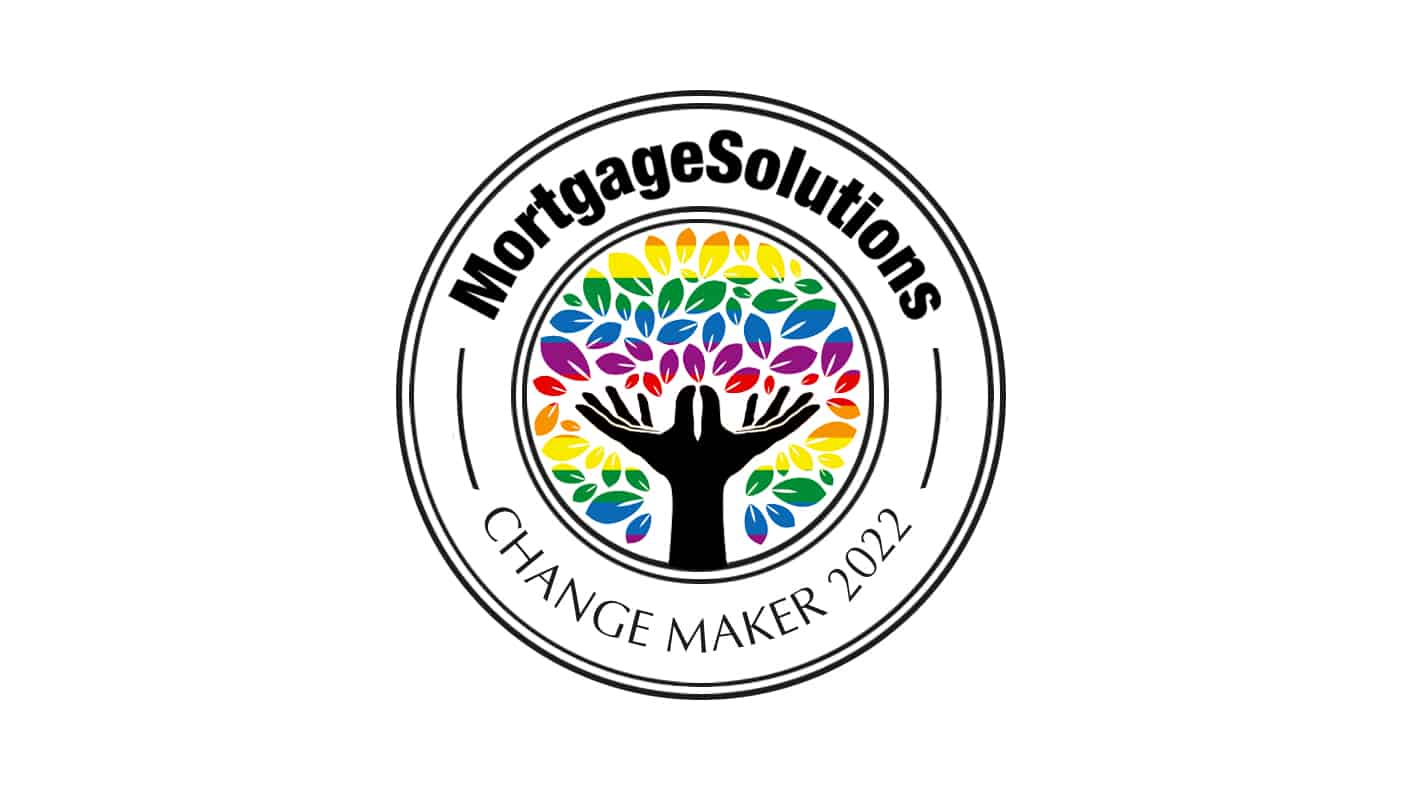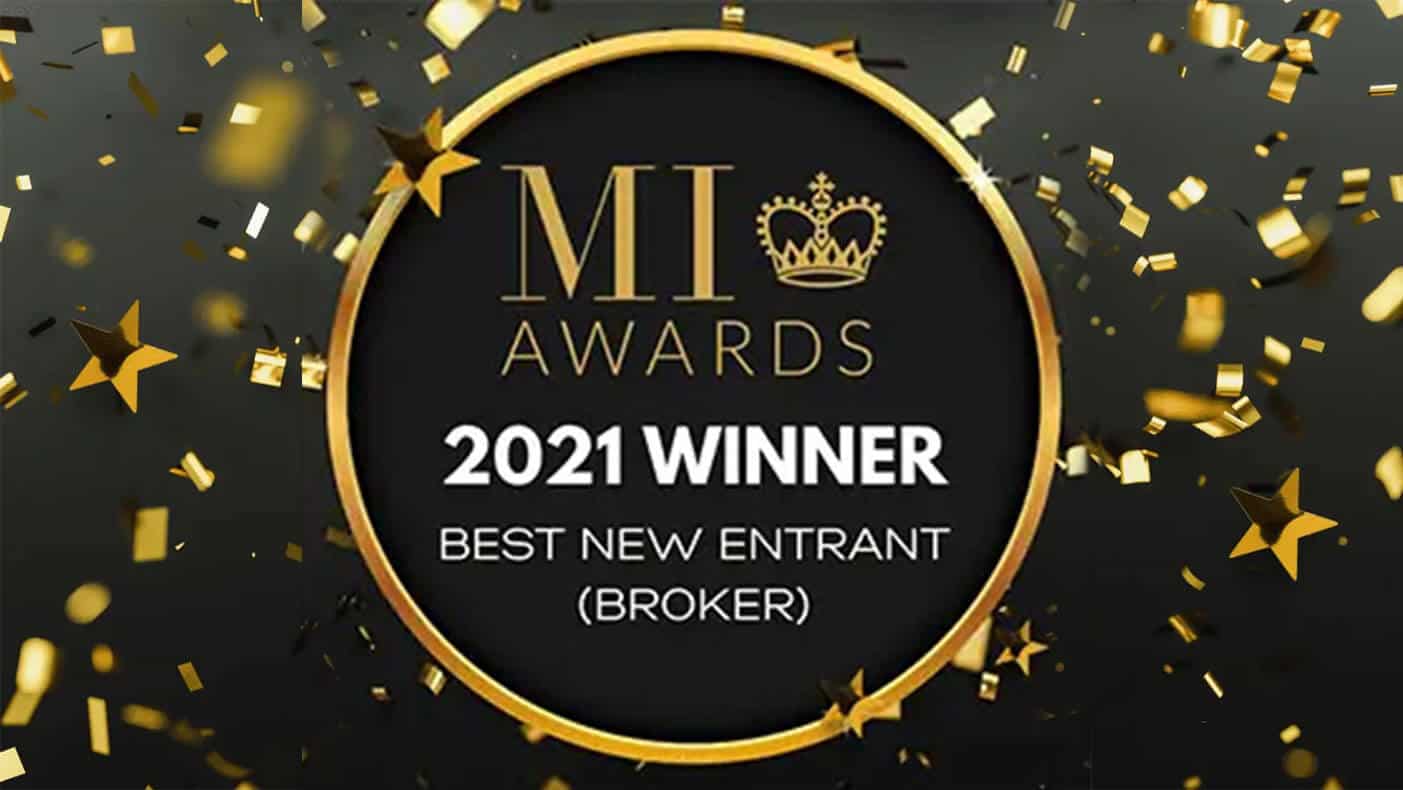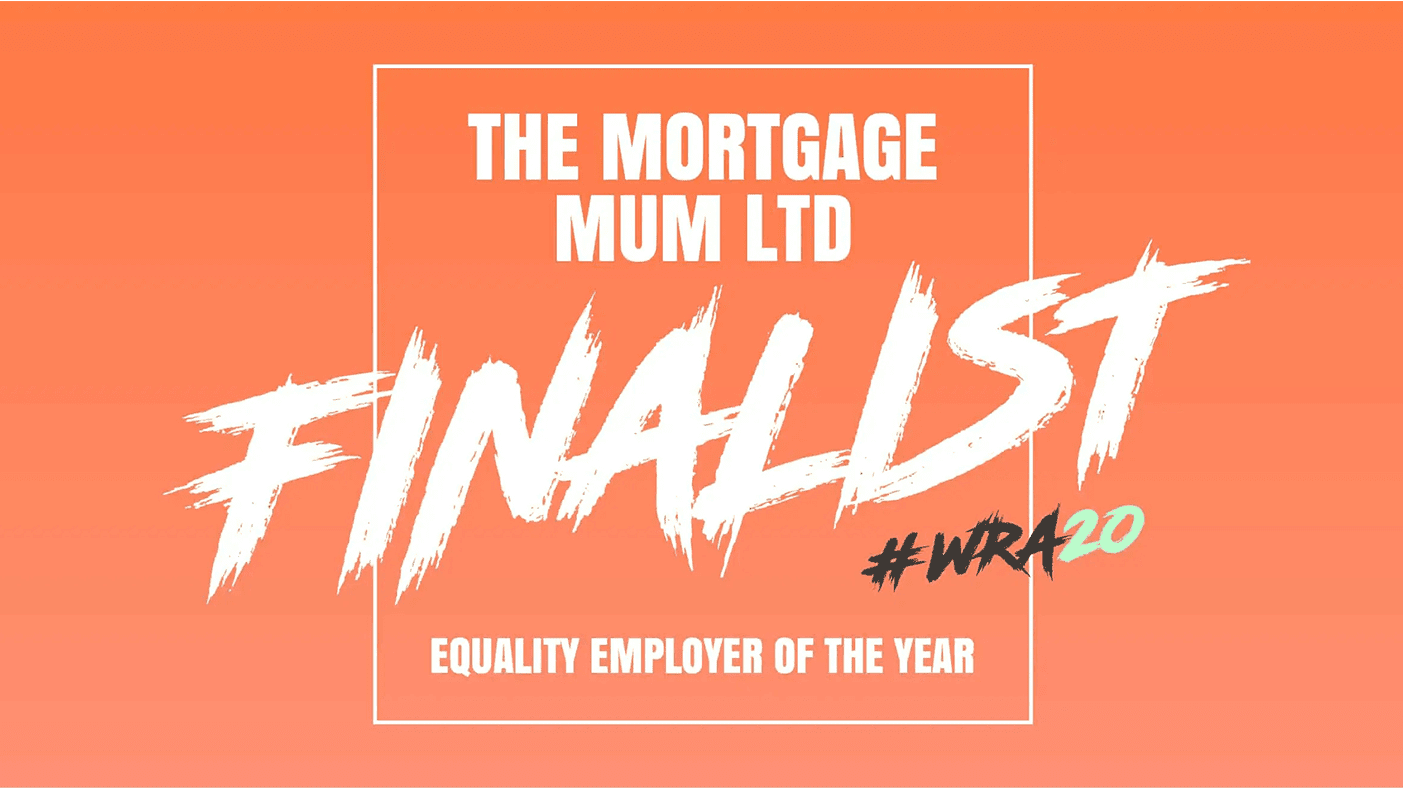
“So you’ve sold and you’ve bought, and you are happy and you’re excited and you’re exhausted. And your life begins in your new property.” – Sarah Tucker
An introduction to this episode…
One of my lovely Instagram followers and podcast listeners, Alexis, messaged me and asked, “how do you know what to do when you’re moving,the process of putting a place on the market and finding something new and lining it all up?”
Many of us have moved once, but don’t know what it’s like to sell and buy at the same time.
Listen in above or read on for the summary of the episode…
You are thinking you might want to move and that will mean selling your property, but in what order should you do everything?
1. Put your house on the market
The first thing you’re going to need to do is put your house on the market. And the reason I’ve said to do that first, before you look for property is because at the time of recording, things are still very competitive out there and when offers are being made on properties the very next question the agent wants to know is if you have sold…
And often what I’m hearing is that those of you who have not sold their properties are finding it increasingly difficult to get their offer accepted. That’s not to say it never happens. By all means, do not not offer on a property that you are in love with if you haven’t sold.
At the very least, the agent wants to see that your house is on the market, that you are serious about buying. So get a few estate agents over, at least three, to value your property. Do your research and go with your gut on who to go with. Go by recommendation but trust your instincts as well.
You can put it up with multiple agents but some say it looks like (i.e. on Rightmove.co.uk) that you want to sell quickly…but that’s just an opinion.
You’ll want to find out how much they’re going to take from you as a fee, a typical fee range is 1.5% or 1% of whatever you sell your property for, but every agent will give you their fee structure when you meet them.
2. Now, once your property’s on the market, you’re gonna need to tidy the house!
You want people to come and see it, and viewings mean tidiness.
I am somebody that likes a neat house anyway, so it suits me. But I know for some of you that is extremely stressful. Especially if you’ve got children, you’re trying to keep on top of keeping the house clean. If you leave the house in the morning and agents will do your viewings you’ll want to leave it tidied.
Agents will help you as well. They want to sell your property just as much as you want to sell it. So just make sure that you make your property look as lovely as you can.
3. Now at the same time, you want to be scouring the market and talking to a mortgage broker to see what you can afford…
And you may even want to speak to a mortgage broker before you put your house on the market just in case you can’t afford to move.
Just to be clear, we do not expect you to be ready to go on your first meeting with us. We fully expect that it’s going to be a little while before you want to move. And sometimes it is imminent and it happens quickly, but we want to get to know you and your process as well, and to help however we can. So get your meeting in with a mortgage broker and find out how much you can borrow – even if you’re a year away from being ready.
This means looking at how much your mortgage balance is on your existing property, and tying all the information together in terms of how much you potentially could sell it for and we look at stamp duty and deposit too. The reason I mention stamp duty straight away is because lots of people don’t factor it in and are very unpleasantly surprised to find how much the stamp duty is for their ongoing purchase.
If you have bought another property in the meantime to rent out, for example, then you will have to pay 3% additional stamp duty, which is even higher. And obviously if you are selling and buying, you’re not a first time buyer. In order for you to know how much deposit and stamp duty money you have, you need to know how much your property will sell for, so you need to speak to an estate agent. It all ties in together.
4. Then there is viewing properties and making and accepting offers…
There might be a bit of overlap initially, but we are used to that in the industry. You are putting your property up on the market whilst finding out how much you can borrow from a mortgage broker, who should make that really easy for you.
You might be looking on Rightmove for properties and your estate agent should also be looking for properties for you, that are maybe on the market before it’s on Rightmove, so that you have got your viewings lined up.
You do need to have an idea of how much you are willing to offer, because lots of people are offering on the same properties at the moment, which means you do need to act fast. Now, with that being said, always trust your intuition.
Speak to an expert
We will work at times that suit you and your family, carrying out appointments via video call, telephone or email, giving you the benefit of first class service, around your own schedule, and in the comfort of your own home. So let us handle your mortgage today and find out how well we can look after you, The Mortgage Mum way!
5. Trust your intuition when you find “the one”
So when you’re viewing properties, tune in. Sometimes the house that you are meant to live in doesn’t tick all the boxes, and sometimes the house that ticks all the boxes is not the one that has your heart. So just trust your instincts there.
Now the first big milestone here is when you find the house and/or you sell your property – someone else has walked into your home and fallen in love, and they put in an offer.
It’s really down to you and your agent to work well on both the purchase and the sale. There’s lots of different tactics and ways of doing it, but ultimately it comes down to how much you are happy to pay for it, and how much you are happy to sell it for. That’s really what it comes down to in the end.
However, your agent is working for the person selling the property. But, if they’ve got both properties, it’s in their best interests to try and make it work for everyone, but always remember, they’re working for the person who they’re selling the property for and they will want to get them the best price possible. If you take that right back to the fact they’re earning a percentage then obviously it makes perfect sense, but any great estate agent will try and get you the best price as well.
6. So you’ve got your offer accepted. What’s next?
No one is contractually obligated at this point, so you can’t get carried away, but obviously that’s a really exciting moment. Now at this point, you do have to watch out for people that might pull out.
Sometimes people do this because property prices are going up and they might think they can make more money by waiting. But there’s lots of situations that cause somebody to change their mind. So when you’re making an offer on a property, you might wanna ask them to take it off the market and that just gives you a bit of a better chance of that not happening, but there’s not much you can do about either until you’ve exchanged. Anything can happen again.
7. So you’ve got your offer accepted. What’s next?
Once you’ve found your property and sold, get straight onto your mortgage advisor and they’re going to get your agreement in principle. You may also get this before the viewings start. I’d recommend that you listen to other episodes where I talk about the ins and outs of the mortgage process.
You also need to choose your solicitor at that point – your mortgage broker should recommend one if you need a recommendation and you need to get an accurate quote so that you know how much tot ake off your equity amount, which is going to form your deposit (or savings).
8. The mortgage process then begins at the same time the solicitor’s process begins.
The solicitors, once actioned, will start to carry out searches for you. These are local authority searches, drainage searches, environmental searches – they’ll always cost money and they’ll usually charge you for this early on.
This is where a good solicitor is worth their weight in gold. If you don’t have a good solicitor, it is a very painful process, because you’re relying on them for such a long period of time to just be doing what you’re hoping they’re doing.
At the same time your mortgage survey is being done and once we have all the documents, we will get a mortgage offer as quickly as we can. Your mortgage offer is for your purchase.
9. The mortgage offer is in! Time to sort your insurance if you haven’t already…
And once you’ve got that, it’s really exciting – your money is in place and it’s just about the legal transfer of the property. This is where you need to make sure your insurances are ready, so if you haven’t already spoken about your life insurance and your protection and your building and contents insurance, now’s the time because that exchange date will come round before you know it and you want to be ready to press go on everything once it does.
Now, once all the searches are back and everyone is set, there’s usually some inquiries about those searches, but you don’t need to understand all of the ins and outs. Your solicitor will explain anything that needs explaining. There’s a lot that goes on that you’re not part of – there are conversations between solicitors on both your sale and your purchase.
Here at The Mortgage Mum we keep you updated with your case, we call solicitors, we’ll call agents and we’ll tie it all together so that you can receive really clear updates. It can feel like things are going a bit quiet which can cause stress and anxiety but once you’re near an exchange, this means you will need to get your deposit to your solicitor and the solicitor will get you to sign the contracts at this point.
Speak to an expert
We will work at times that suit you and your family, carrying out appointments via video call, telephone or email, giving you the benefit of first class service, around your own schedule, and in the comfort of your own home. So let us handle your mortgage today and find out how well we can look after you, The Mortgage Mum way!
10. This is the exciting bit because it means you are about to exchange…
So when you exchange contracts, that is deemed to be one of the biggest milestones, other than putting your key through the door.
Your solicitor and the other solicitor will be swapping signed copies of the contracts. This is known as exchange of contracts. This is legally binding. This means you cannot pull out once this has happened, otherwise you’ll lose your deposit and the person you are selling to or buying through can’t pull out either.
So it’s a lot of paperwork and this is where you need to have your insurance because you are legally obligated to purchase that property now. So you need to make sure all of your insurances happen.
11. What happens when it comes to paying your deposit?
When it comes to paying your deposit, this is where you need to be organised!! Because you need to spend the couple of weeks before exchange getting your deposit money into one bank account or two – if you’ve got more than £85,000 deposit. There is a reason for that, as it’s protected under the UK Savings Safety Scheme. A lot of banks don’t allow you to move more than £25,000 per day, some banks will for a fee, but it’s important you are organised, because if you’re not then this can cause a delay to the exchange of contracts.
12. But what if your deposit is tied up in your home?
There’s something called a mortgage deposit. It’s the amount that you are putting down towards your mortgage and all of that would be explained in your mortgage meetings. But there’s also an exchange deposit. If you’re a first time buyer, you won’t have to worry about this because your deposit money is in your bank account.
Your deposit and exchange deposit are different. In order to exchange, money needs to be transferred.
Now, if you’ve got your property that you’re selling and you haven’t added any more deposit, then this is how it works.
For example, you are selling your property for £200,000 and you are buying your next property for £250,000. Your buyer is going to, on exchange, transfer you their exchange deposit, which has to be 10%. So even if they’re putting down 20%, 30% deposit on the property, their exchange deposit is 10%. Then, your solicitor uses it as security for your purchase at the same time. It’s at this point, your solicitor will negotiate. This is where having a good solicitor comes in – they will have done this before the exchange.
You may have to get hold of cash to make up the difference for exchange and once you hit completion, it will all get transferred from your mortgage. This happens on completion date.
13. You’ll then all agree on a date you’re going to complete.
Your solicitor will give you a completion statement, which is a clear breakdown of the money that you’ll need to give to your solicitor. That will include anything outstanding deposit wise, stamp duty, solicitors fees etc. You’ll have to pay these before your completion date.
Also, before completion, your solicitor will have to check that the seller still owns the property and that you haven’t been made bankrupt since your mortgage offer. Then you’ll sign something called a transfer deed that will need to be written.
This basically says that you will take full ownership of the property and then the solicitor will draw down funds from your mortgage lender. Different lenders need a different amount of time before they’ll draw down the funds. This is one of the most common reasons why completions become delayed because they’re waiting for the money to get drawn down from the bank and everybody’s just waiting for it to happen!
When the money gets drawn down, the keys are finally yours!
14. But how do you go about moving out and moving in?
It tends to happen later in the day, as you are all waiting for the money to be drawn down everywhere, transferred and cleared. Your solicitors let you know they have the funds, they can let the agents know and the mortgage brokers, meaning the keys can be released to you. Some people even wait in the estate agents waiting for that call.
I know some people that are sitting waiting in their removal vans for the call. But as the day gets later there can be a lot of anxiety waiting for everything to happen and to get the keys. Sometimes the completion can be delayed because of something unexpected and you have to find somewhere to stay the night! The real moving tends to happen at the weekend and having the time to sort everything out. Everyone is different on how they want to move in and the pace they do it.
When you have completed, your stamp duty gets paid and your solicitor will register your details with the land registry. Those fees will typically be incorporated and will have been paid already. You’ll receive the title deeds from the land registry.
Then you are in! You’ve sold and you’ve bought, and you are happy, you’re excited and you’re exhausted. But your life now begins in your new property.
I hope this has been helpful. If you have any questions or would like our help with your sale and purchase, please get in touch via our website or on our social media. Good luck if you are buying and selling at the same time, you’ve got this, and we’ve got you!
***
Listen to The Mortgage Mum Podcast on all major podcast directories including Apple and Spotify. You can also catch up on previous episodes on our website and on The Mortgage Mum YouTube channel.

























